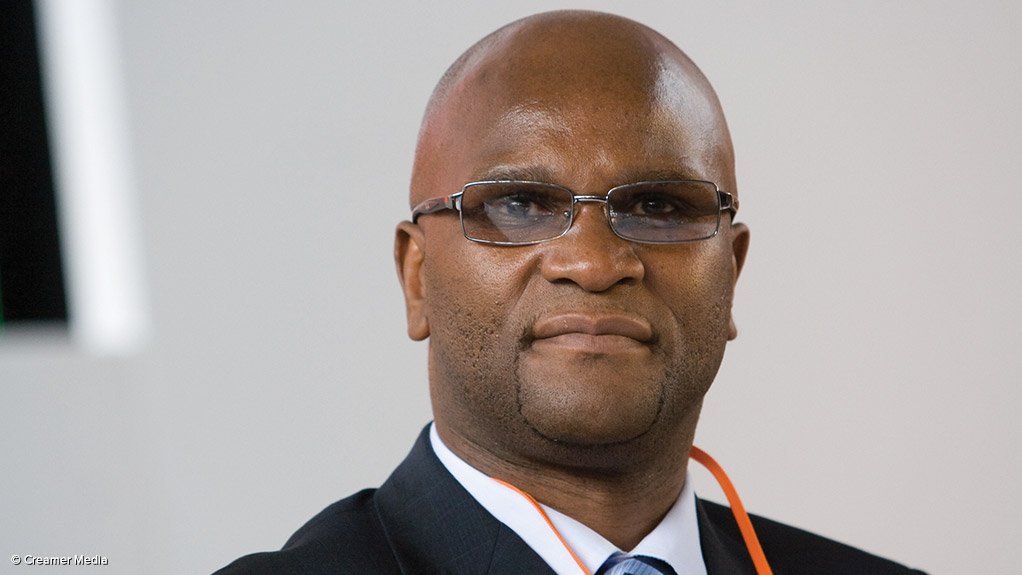Despite government’s social compacting efforts since the advent South Africa’s democracy in 1994, 59% of South Africa’s 59-million people believe racial discrimination still exists in South Africa.
Sport, Arts and Culture Minister Nathi Mthethwa on Thursday noted that, based on a baseline survey by the Foundation for Human Rights, 44% of adults had no trust in people of other race groups, while 45% felt they had been discriminated against based on race.
Statistics South Africa statistician-general Risenga Maluleke added that, although 81% of South Africa’s population is black, they account for 49% of household income being spent, while the 8% who are white account for 38% of income being spent.
“Black Africans and coloured-headed households were the only two groups [of people] that were classified as chronically poor, with black Africans accounting for 94% of the ‘chronically poor’ group,” he said.
Mthethwa and Maluleke spoke at the Department of Sport, Arts and Culture’s (DSAC’s) Social Cohesion Compact event, which aimed to serve as a platform for dialogue to determine the role of each sphere of society, including labour, civil society, business, traditional authorities and government, in building a socially cohesive South Africa.
Deputy Minister Nocawe Mafu noted that the department hosted the compact to get feedback from stakeholders in building national solidarity. She explained that all key sectors of society would be asked to commit to advancing social cohesion and finding solutions to the challenges that stifle social cohesion.
Mthethwa lamented that the National Development Plan envisioned a society that embraces diversity and that people not be divided based on race or gender, besides other factors.
“The social, geographical and economic elements of Apartheid continue to shape the lives and outlook of many South African lives. Through the social compact, we agree to work together to bring about future change. All sectors of society will be mobilised so that they can contribute meaningfully to nation building,” he explained.
He added that greater social cohesion was within South Africans’ collective grasp to resolve its “most unequal society” status globally.
The DSAC was mandated in 2012 to lead social cohesion in the country. The Minister at the time recommended the appointment of a group of members of society with no government involvement to come together as advocates of social cohesion in South Africa.
However, for social cohesion in South Africa to be realised, Social Cohesion Advocates former chairperson Justice Yvonne Mokgoro said it would take greater effort from a larger group of people.
She said the onus was on all South Africans to close the gaps in racial, wealth and gender disparities.
However, it could not be done by creating new divisions, she added.
Mokgoro recommended that stakeholders finally agree that patriarchy no longer had a place in a contemporary society, or else there would forever be gender disparities.
“If we attempt to deal with violence against women and children without facing up to age-old cultural precepts, we will just be dishonest with ourselves and not effectively deal with the elephants in the room.”
She further explained that new divisions did not only manifest among South Africans, but also between foreign nationals and locals. “There is a role to play by diplomatic organisations to manage the relationship between foreigners and locals. Government can not manage this by itself,” she said.
Black Business Council (BBC) president Sandile Zungu commented that government has the role to create the right kind of conditions to enable business to do what it is good at – building industry and creating jobs. However, he pointed out that there was a trust deficit in South Africa’s society between government and business.
“We as BBC accept this challenge and responsibility to help build society. To protect what business has, business has to contribute resources, intellectual capital and time towards moving society forward.”
EMAIL THIS ARTICLE SAVE THIS ARTICLE ARTICLE ENQUIRY
To subscribe email subscriptions@creamermedia.co.za or click here
To advertise email advertising@creamermedia.co.za or click here











